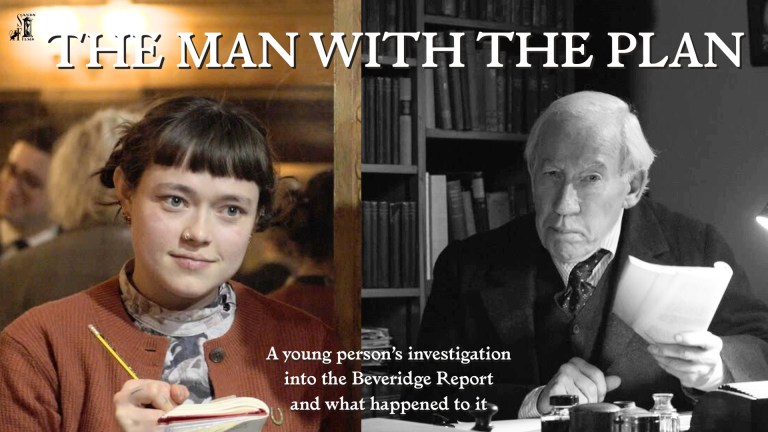It’s not clear May had thought much about housing during the general election campaign, but the Conservative leader admitted the humbling election had made her reconsider her priorities.
Although the Tories under David Cameron and George Osborne had ploughed cash into Help to Buy – a government loan for house-buyers, May said “the election result shows that is not nearly enough.”
So what will be enough? What has May actually pledged to deliver?
Despite promising that extra money would go “where need is greatest,” there will be another £10 billion injected into Help to Buy – a further artificial stimulus to the private housing market.
By comparison only an extra £2 billion has actually been earmarked for affordable housing. Most readers of The Big Issue will not need reminded “affordable” housing does not necessarily mean housing that people on low incomes can afford (and includes such schemes as shared ownership and “affordable” rents of up to 80% of market rates).
A Conservative Party press release attempted to shed some light this afternoon, saying that based on a typical subsidy of £80,000, £2 billion “can supply around 25,000 homes available for social rent.”
Advertising helps fund Big Issue’s mission to end poverty
And yet, in discussing the extra £2 billion set aside for the affordable home programme, it states only that: “In those areas of the country where rents are high, we will allow bids for social rent.”
This doesn’t sound like the extra money will automatically be going on homes for social rent – rents capped according to national guidelines.
The details of exactly how these new homes will be funded and just how many will be for the lowest social rents will be crucial
More social housing, real social housing – not just schemes housing associations undertake to take advantage of rising rents and prices in the private market – is badly needed in Britain today.
According to the Chartered Institute of Housing (CIH), the number of homes for social rent funded by the government collapsed from 36,000 to just over 1,000 between 2010/11 and 2016/17.
“The details of exactly how these new homes will be funded and just how many will be for the lowest social rents will be crucial,” said CIH chief executive Terrie Alafaton today’s speech.
Others went further. The Radical Housing Network called today’s announcement “tinkering at the edges of a failed system,” while the Generation Rent group called it a “trickle of incremental announcements does little to address the urgent need that renters have for lower rents.”
Advertising helps fund Big Issue’s mission to end poverty
Tories may dismiss the criticism as coming from the usual doubters. But the cynics have gloomy statistics on their side, and are well-acquainted with successive promises made by politicians in charge of housing.
In signalling a new direction, May’s remarks are encouraging. But it difficult not to be sceptical about what it will mean in practice.









